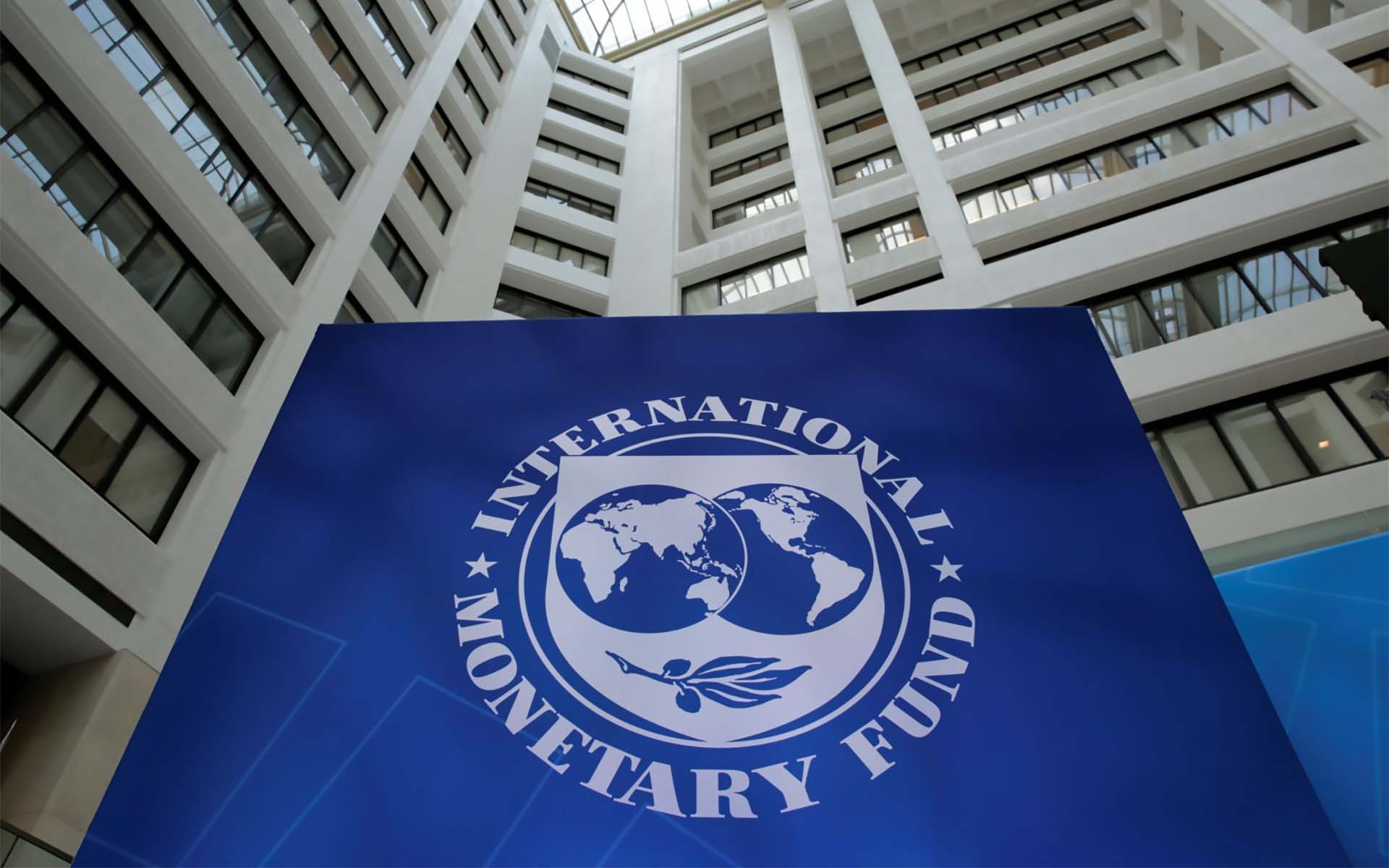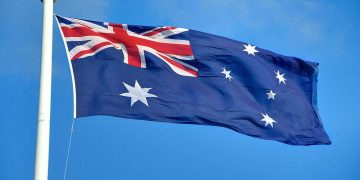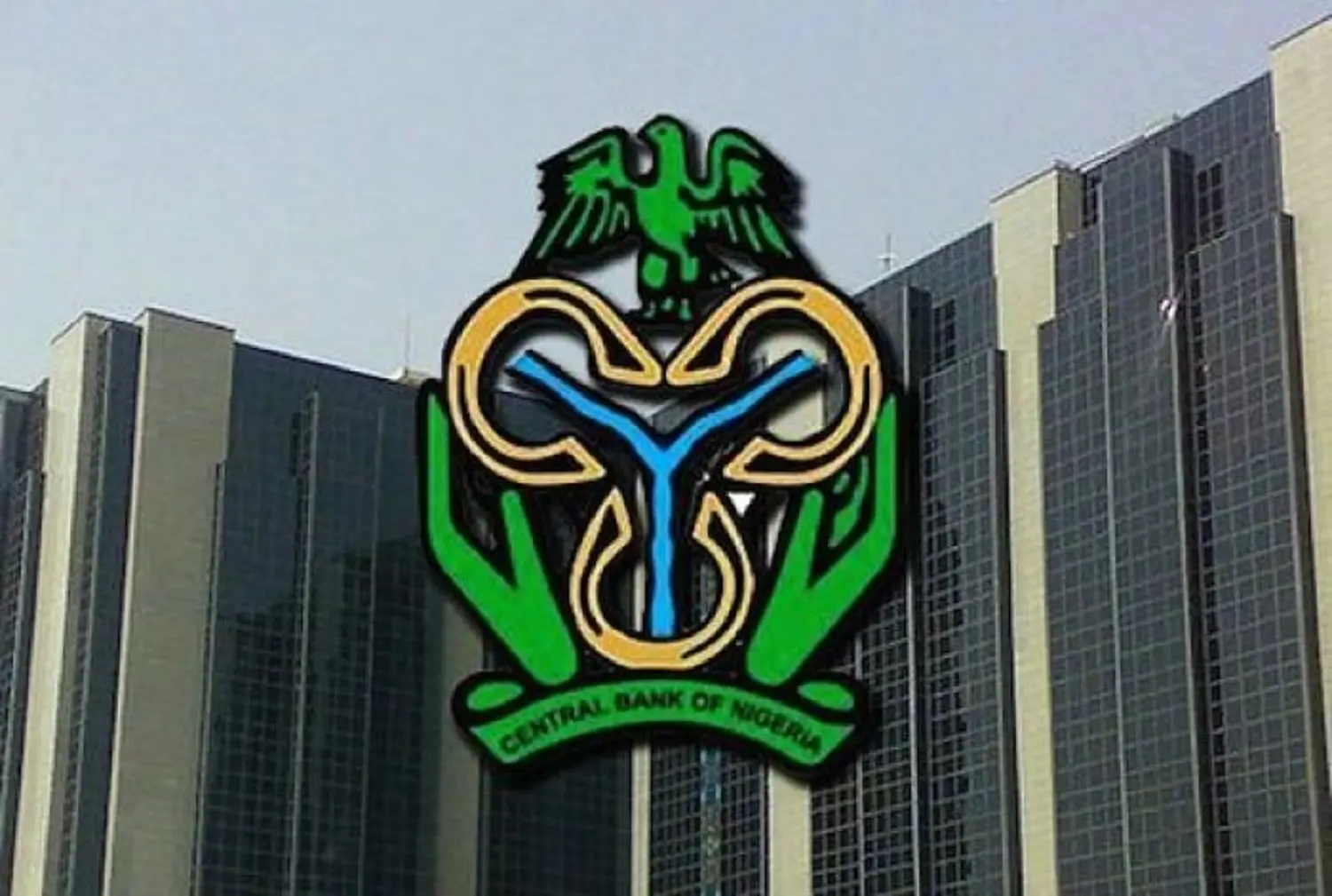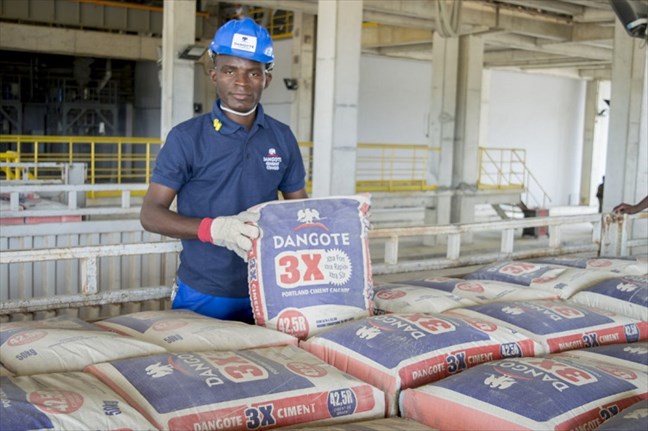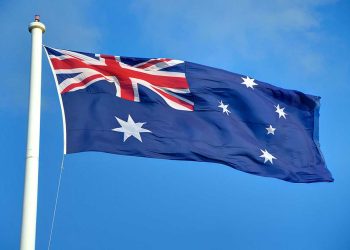The International Monetary Fund (IMF) raised its estimate for Nigeria’s economic growth rate in 2023 from 3.0% to 3.2% yesterday. This is an increase of 0.2 percentage points from the 3.0% estimate in its October 2022 World Economic Outlook.
In its January World Economic Outlook, the IMF said that the economy was getting better because oil security was getting better.
But the IMF also said that the rate of growth will slow to 2.9% in 2024. Also, the IMF’s estimate for 2023 is 0.55 percentage points lower than the Federal Government’s estimate for economic growth (Gross Domestic Product, or GDP), which is 3.75 percent.
It is, however, 0.3% higher than what the World Bank predicted, which was 2.9%, and 0.1% higher than what the African Development Bank predicted, which was 3.1% for Nigeria in 2023. The IMF also said that if Nigeria’s economy grows faster in 2023, the rest of sub-Saharan Africa will also grow by 4.1%.
The IMF also changed its estimate of how much the world economy will shrink in 2023 from 2.9% in October 2022 to 3.4% in January 2023.
The IMF said, “Global growth is expected to go from an estimated 3.4% in 2022 to 2.9% in 2023 and then back up to 3.1% in 2024.” The prediction for 2023 is 0.2 percentage points higher than what the October 2022 World Economic Outlook (WEO) said, but it is still lower than the average from 2000 to 2019 of 3.8 percent.
“In sub-Saharan Africa, growth is expected to stay slow at 3.8% in 2023 because of the long-term effects of the COVID-19 pandemic, even though this number has been slightly raised since October. Growth is expected to pick up to 4.1% in 2024.”
“The small change for 2023 (0.1 percentage point) shows that Nigeria’s growth will be higher in 2023 because steps are being taken to fix security problems in the oil sector.”


